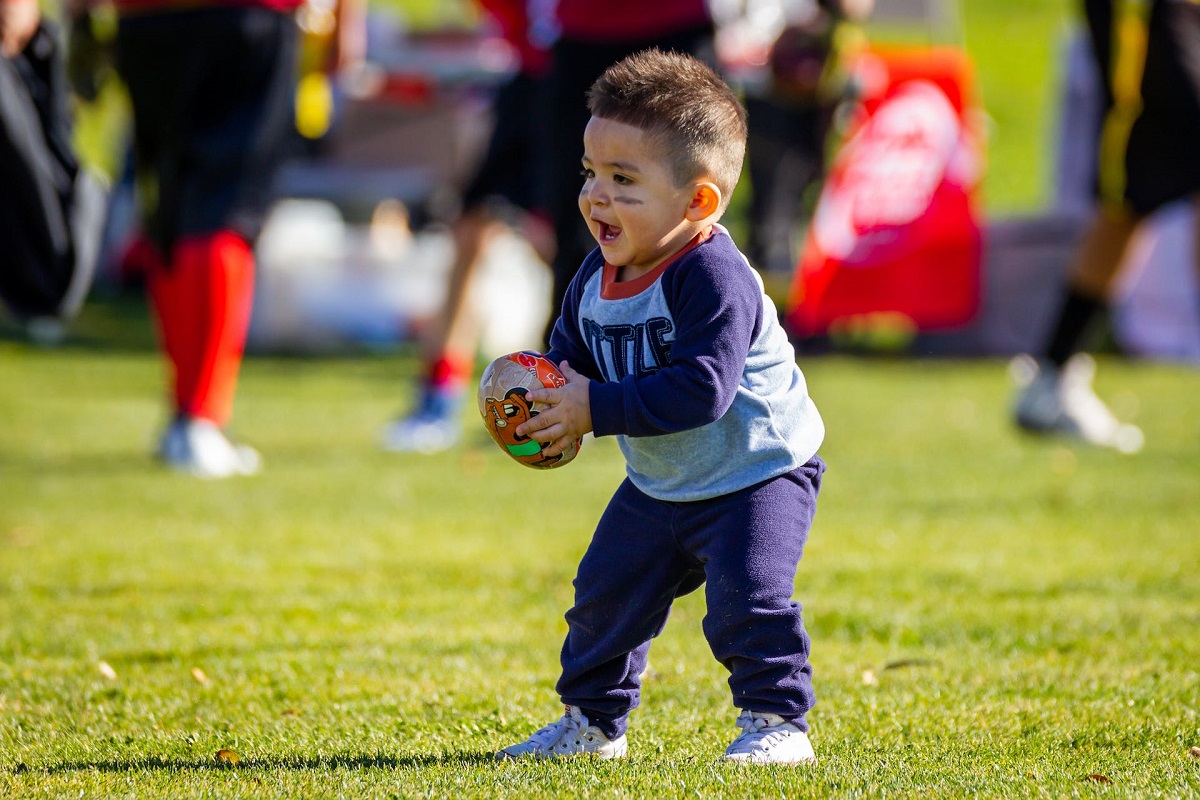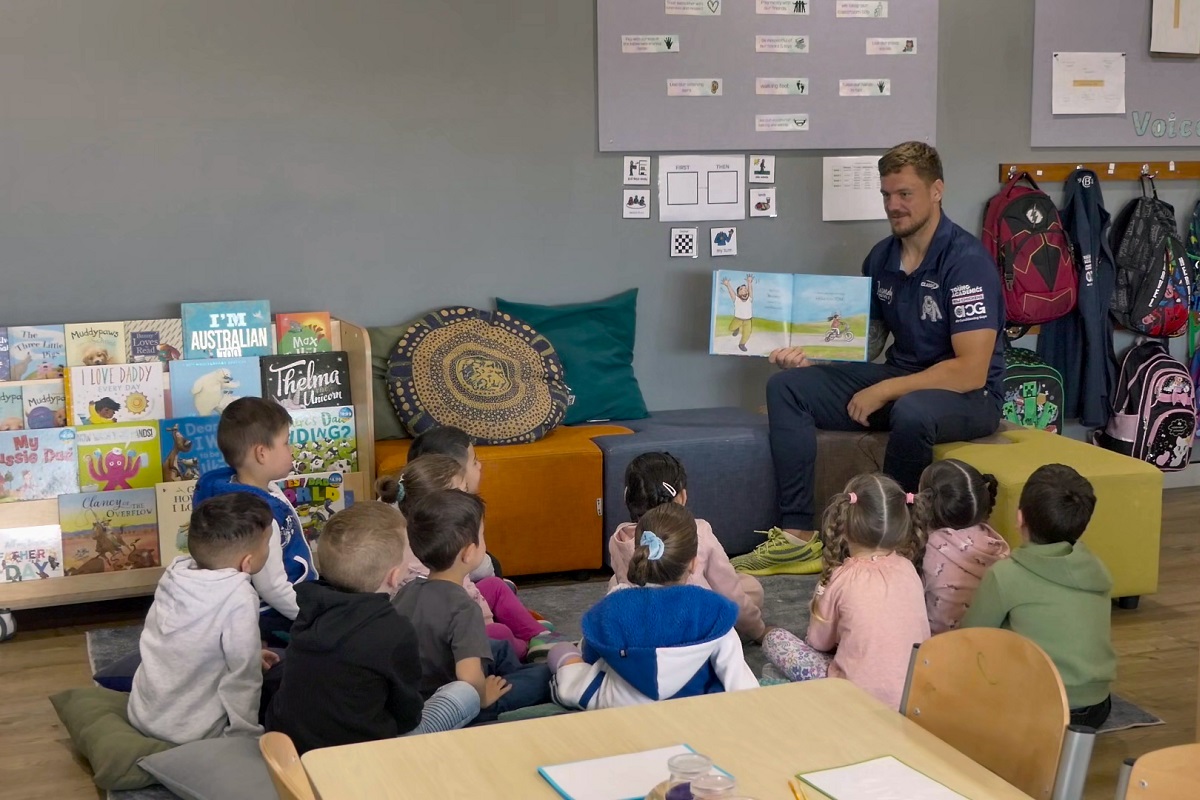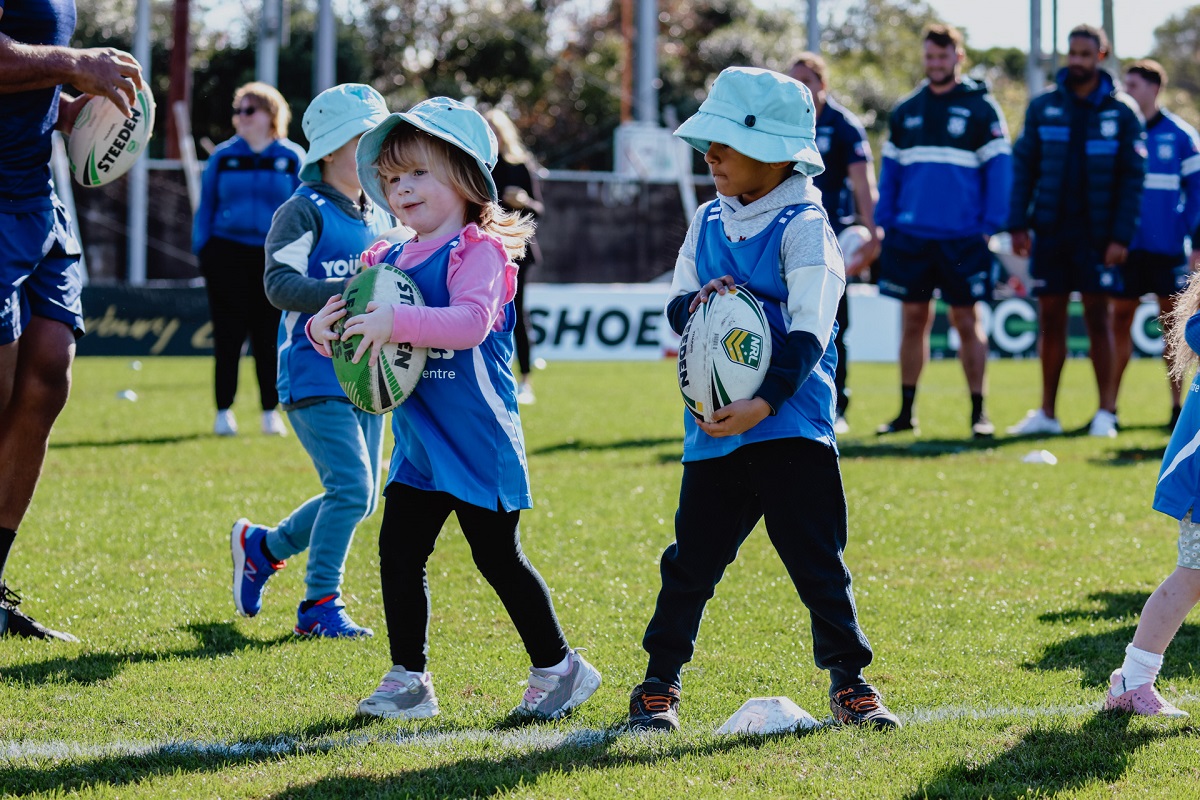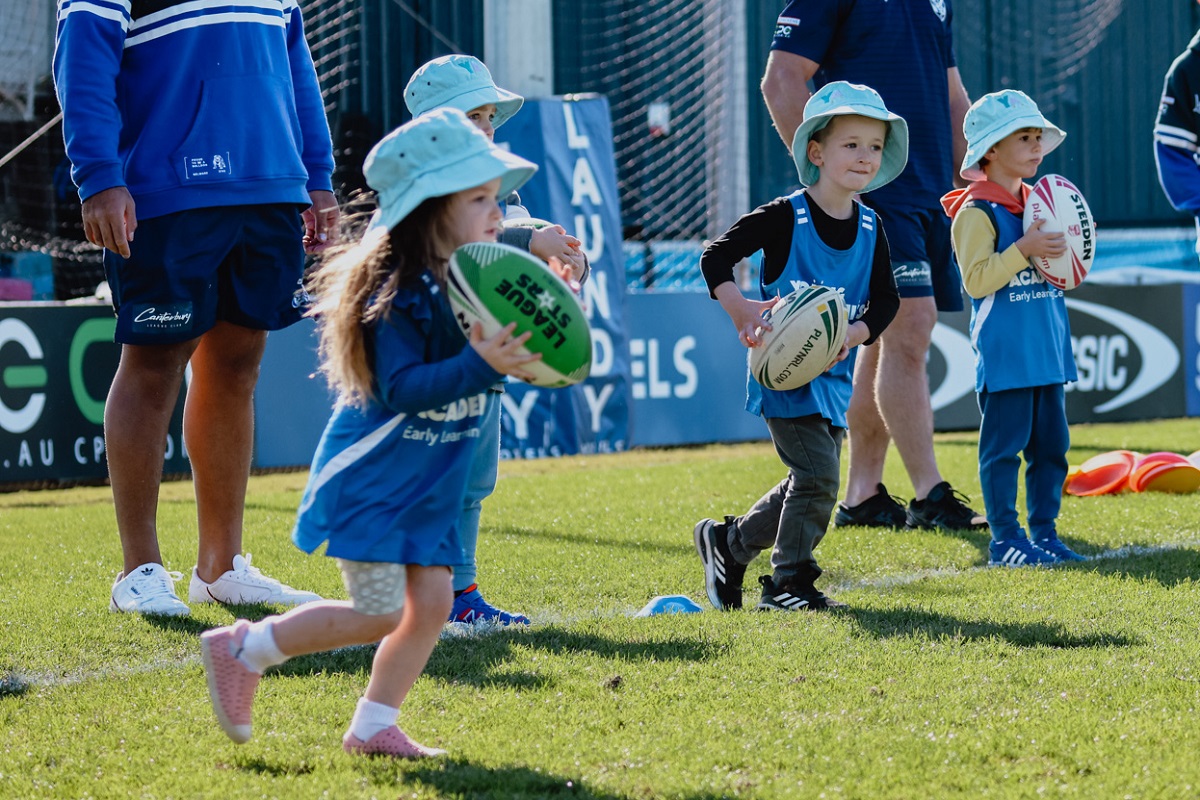In the dynamic realm of childhood development, parents often find themselves contemplating the perfect time to introduce their little ones to the world of sports. From the first tentative steps on the soccer field to the exhilaration of scoring a goal, engaging in sports can be a pivotal aspect of a child’s growth. The optimal age for this initiation is a topic often discussed in parenting circles, and striking the right balance is essential for fostering a lifelong love for physical activity. In this blog, we explore the considerations surrounding the optimal age to introduce children to sports and how this decision can shape their physical, social, and emotional development.
Early childhood lays the foundation for a child’s social and physical development. Introducing sports at this stage can enhance teamwork, coordinator and motor skills. Activities that focus on basic movements such as jumping, throwing and running can be both beneficial and enjoyable for toddlers and pre-schoolers. Just as every child matures at their pace, the optimal age for sports introduction varies and this is beyond just physical abilities but also emotional and social maturity. Some children show enthusiasm and aptitude for sports at an early age, whilst others benefit from a more gradual introduction based on their individual pace of development.
As children progress, through their early years, the introduction of organised sports becomes a balancing act. While some children may display a natural affinity for a particularly sports, others might prefer a more exploratory approach. Striking a balance between structured activities and free play enables children to develop a love for movement without feeling overwhelmed.
The social aspect of sports is a crucial element in a child’s development. Joining a sports team introduces children to the concept of teamwork, cooperation, and friendly competiion. Whilst some children may thrive in team sports, other might prefer individual pursuits. Assessing a child’s readiness for social interaction is key to choosing the right time for sports initiation.
Physical readiness various amongst children, and it’s essential to consider individual differences. Some children may naturally gravitate toward sports early on, while others may need more time to develop their physical abilities. Observing a child’s motor skills, coordination and interest in physical activities can help determine their readiness for organised sports.
While it’s beneficial to introduce children to sports at a young age, it’s equally important to avoid burnout. Pressuring a child into specialised training or focusing solely on a competition can lead to stress and disinterest. Keeping sports participation enjoyable and age-appropriate helps foster a lifelong love for physical activity. Encourage a diverse range of activities and maintain a positive fun-orientated approach can help foster a healthy relationship with sports.
The question of the best age to start a child in sports doesn’t have a one-size-fits-all answer. Instead, it’s a decision influenced by a child’s individual traits, interests, and development. By striking a balance between early exposure, social integration, and physical readiness, parents can pave the way for a positive and fulfilling sporting journey for their children. Whether it’s the joy of scoring a goal or the camaraderie of a team, sports can be a transformative and enriching part of a child’s upbringing.







